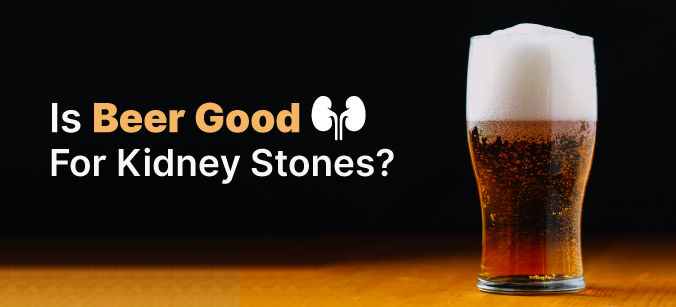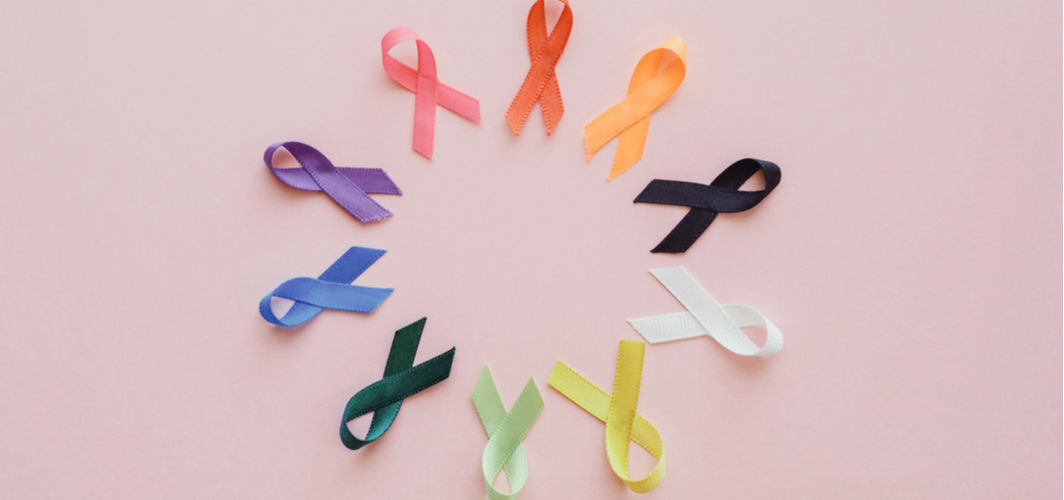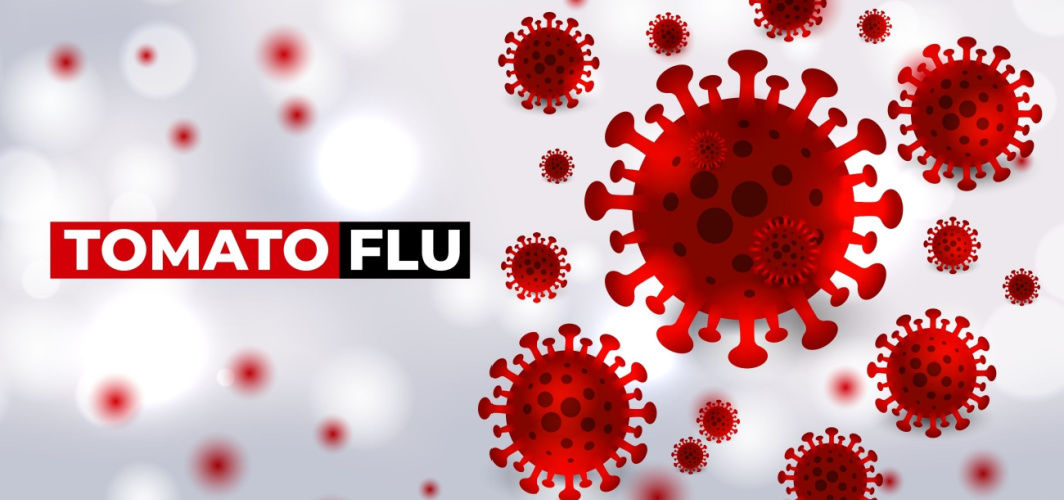General Health
Your Loss Of Appetite Can Be A Sign Of Heat Stroke!
3 min read
By Apollo 24|7, Published on - 28 March 2022, Updated on - 14 June 2023
Share this article
0
82 likes

Temperature is rising dramatically every year across the globe and so are incidences of heat stroke. While warnings about an upcoming heatwave are sweeping across the country, people are likely to experience more such high-intensity heatwaves during the peak summer season. While we cannot escape the scorching heat, it is important to make sure that we are prepared for potential heat-related illnesses such as heat stroke.
Heat Stroke
Heat stroke is a serious heat-related condition, which can make the body temperature increase up to 104°F or higher within 10 to 15 minutes. When the temperature of the body increases uncontrollably, the sweat mechanism of the body fails to cool down the body, resulting in a heat stroke. In the absence of emergency treatment, a heat stroke can cause permanent disability and even death.
What are the signs of heat stroke?
- Extremely high body temperature (at or over 106°F)
- Feeling very thirsty
- Sleepiness (in children)
- Headache
- Hot and dry skin that does not sweat
- Excessive sweating
- Loss of appetite
- Cramps in the arms, legs and stomach
- Rapid breathing
- Slurring of speech
- Dizziness, confusion, and difficulty concentrating
- Seizures
- Loss of consciousness
Those exhibiting signs of heat stroke must be cooled down and immediate medical help must be sought.
Recommended reading: Does Hot Weather Affect Your Breathing and Lungs?
Why does it occur?
Heatstroke usually occurs when the body fails to cool down. Hypothalamus is part of the brain that helps set the body temperature at about 98.6 degrees Fahrenheit (37 degrees Celsius). When the body absorbs more heat than it releases, the internal temperature rises over the normal limit, which can damage the brain and other vital organs.
What is the first aid for heat stroke?
If you encounter a person experiencing signs of heatstroke, reach out for medical help and try to cool them down. To help a person cool down:
- Move them to a cooler place, for instance, in front of a cooler or air conditioner.
- Make them lie down while raising their feet slightly up.
- Spray cold water on their skin or sponge them with cool water.
- Put cold packs around their armpits, neck, and groin.
- Remove any blockage present in the airway (in case of any).
How to prevent heat stroke?
To prevent heat stroke:
- Avoid going out in the sun during the peak time of the day, i.e., between 11 am and 3 pm.
- Drink plenty of water or cold beverages throughout the day to prevent dehydration.
- Take frequent showers or cool baths.
- Wear loose, cotton clothing as it allows the skin to breathe.
- Spray water over the skin or clothes whenever you feel hot.
- Do not indulge in intense exercise sessions.
- Avoid the consumption of excess alcohol as it increases body temperature.
Takeaway
Though heat stroke can occur to anyone, children, the elderly, and those with chronic health conditions such as diabetes and heart problems are at increased risk. Heat stroke can be life-threatening, therefore, it is necessary to follow the aforementioned prevention tips to ensure complete health this summer. Stay indoors, wear breathable clothes, and drink enough water to prevent dehydration and help the body keep itself cool.
Experiencing signs of heat stroke?
Medically reviewed by Dr Sonia Bhatt.
General Health
Leave Comment
Recommended for you

General Health
Is Beer Good For Kidney Stones?
The utility of beer in helping kidney stone removal is a debatable topic. Since beer is a diuretic, many consider it an effective solution for passing stones. However, it's not the right approach as alcohol can lead to dehydration which increases stone formation. Here's all you need to know about beer's effect on kidney stones.

General Health
7 Cancer-Causing Substances That You Should Distance Yourself From
Cancer is the leading cause of death across the globe. This article addresses such carcinogens in the environment that most people are unaware of.

General Health
Tomato Flu: What It Is And How To Stay Safe From It?
Tomato flu is a new and rare viral infection that is primarily seen in children below the age of nine. Being aware of its symptoms and precautionary measures is the best way of keeping this illness away.
Subscribe
Sign up for our free Health Library Daily Newsletter
Get doctor-approved health tips, news, and more.
Visual Stories

Science-backed Home Remedies for Burns and Blisters
Tap to continue exploring
Recommended for you

General Health
Is Beer Good For Kidney Stones?
The utility of beer in helping kidney stone removal is a debatable topic. Since beer is a diuretic, many consider it an effective solution for passing stones. However, it's not the right approach as alcohol can lead to dehydration which increases stone formation. Here's all you need to know about beer's effect on kidney stones.

General Health
7 Cancer-Causing Substances That You Should Distance Yourself From
Cancer is the leading cause of death across the globe. This article addresses such carcinogens in the environment that most people are unaware of.

General Health
Tomato Flu: What It Is And How To Stay Safe From It?
Tomato flu is a new and rare viral infection that is primarily seen in children below the age of nine. Being aware of its symptoms and precautionary measures is the best way of keeping this illness away.